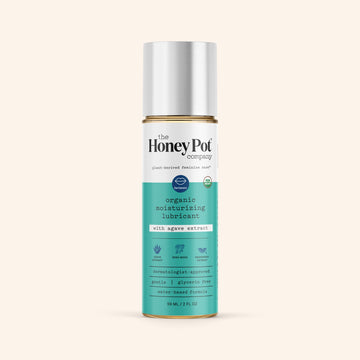What and where is your bladder?
The bladder is the location where urine collects prior to you going to the bathroom. The kidneys clean the blood constantly, removing water, extra and unneeded electrolytes and vitamins as well as certain types of waste. The fluid that is filtered out of the blood is the urine, which drains constantly down two tubes called ureters into the bladder.
When the bladder is full enough, signals are sent to your brain that you need to empty the bladder. When you are ready to urinate, the bladder squeezes and the sphincter (which is like the drain stopper in a skin) opens, and we urinate out of a single hole called the urethra. The urethra opening is one of three holes present in humans with vaginas. The other two are the vagina and the anus.
UTI: What are they and how can you prevent them?
One challenge in maintaining a healthy bladder is that it is a sterile environment. That means that there isn’t supposed to be any bacteria inside the bladder or urethra. But it happens to be located very close to the vagina and anus, both of which contain a lot of bacteria. If bacteria get into the urethra, it can climb up and become a bladder infection. This is what a UTI is. UTI stands for urinary tract infection. This can cause significant pain and discomfort and can even worsen to become a kidney infection.
One way to prevent infections in the bladder (UTI) is to wipe from front to back when you urinate or have bowel movements. Since the urethra is in front of the vagina and anus, if you wipe from front to back, you are pushing the bacteria away from the urethra. If you were to incorrectly wipe from back to front, you would be dragging bacteria toward the urethra and increasing the chances for infection.
Staying well hydrated with water can also keep urine and impurities flowing out of you rather than staying stagnant. Also, people who are prone to urinary tract infections may benefit from herbal Urinary Tract Support Supplements that reduce the ability of bacteria to move up the urethra into the bladder. If you use wipes, you should make sure that they are pH balanced so that they are less likely to disturb the health of that very sensitive vulvar skin.
As always, if you have symptoms that you suspect are being caused by a urinary tract such as pain with urination, frequent urination, blood in your urine, see a healthcare provider immediately.






